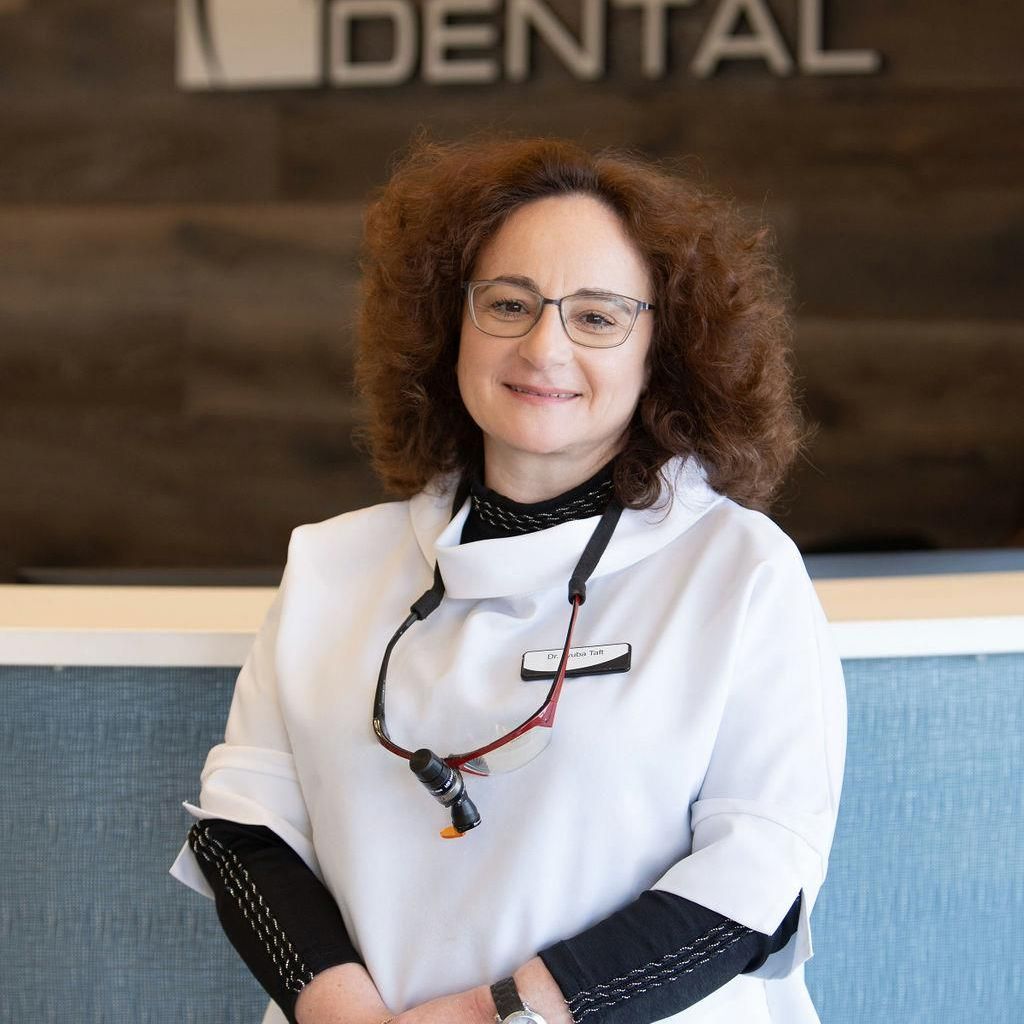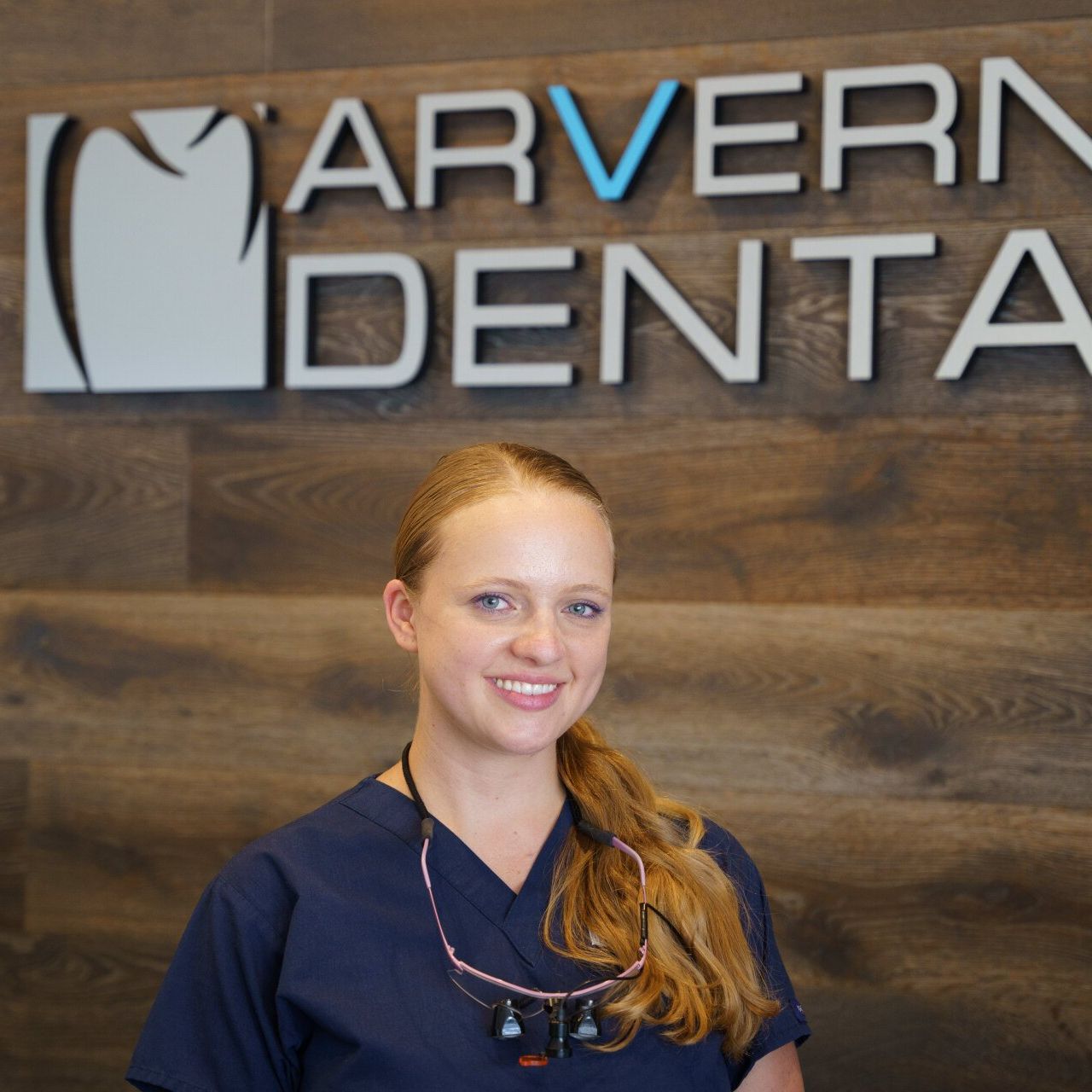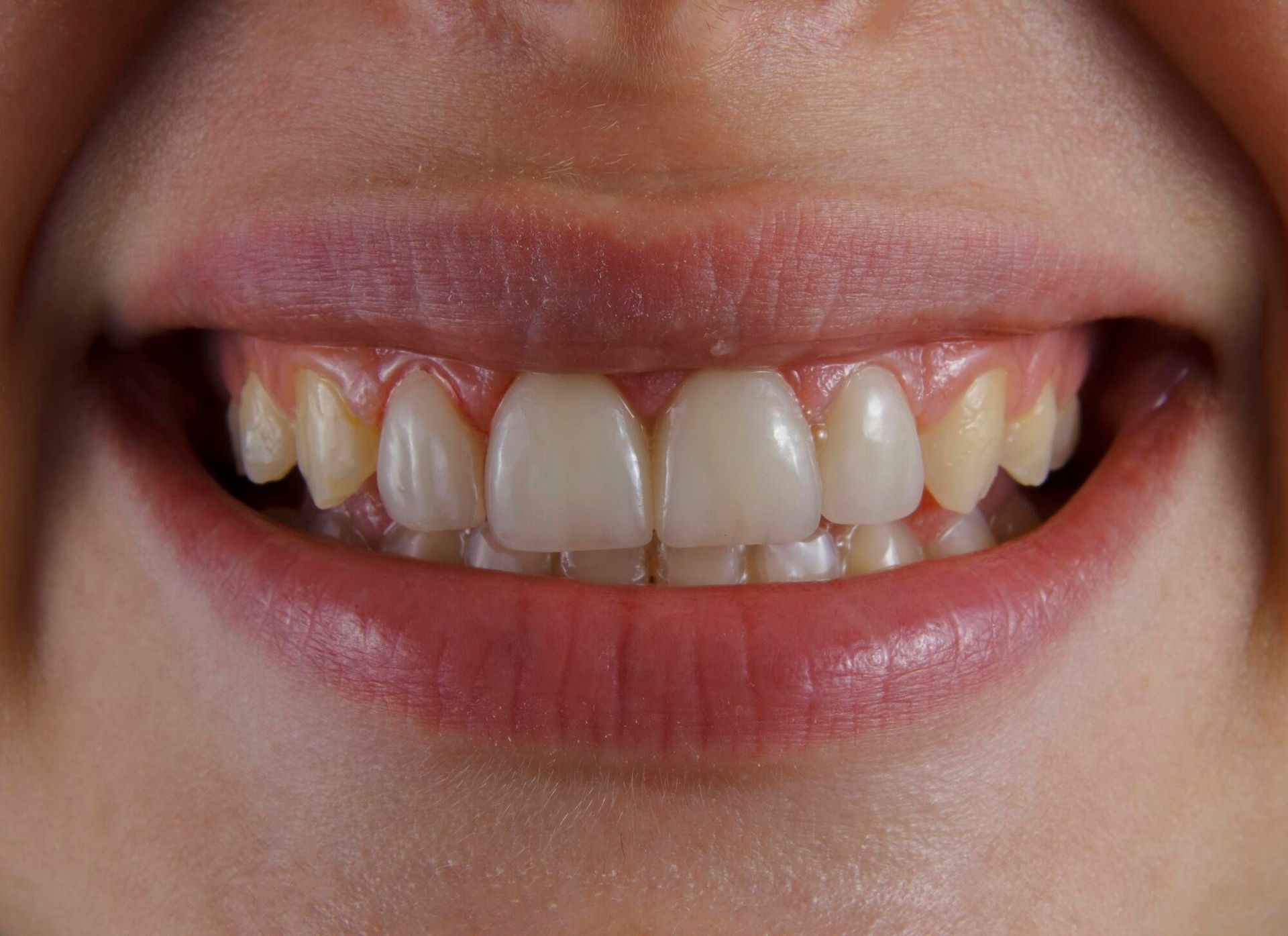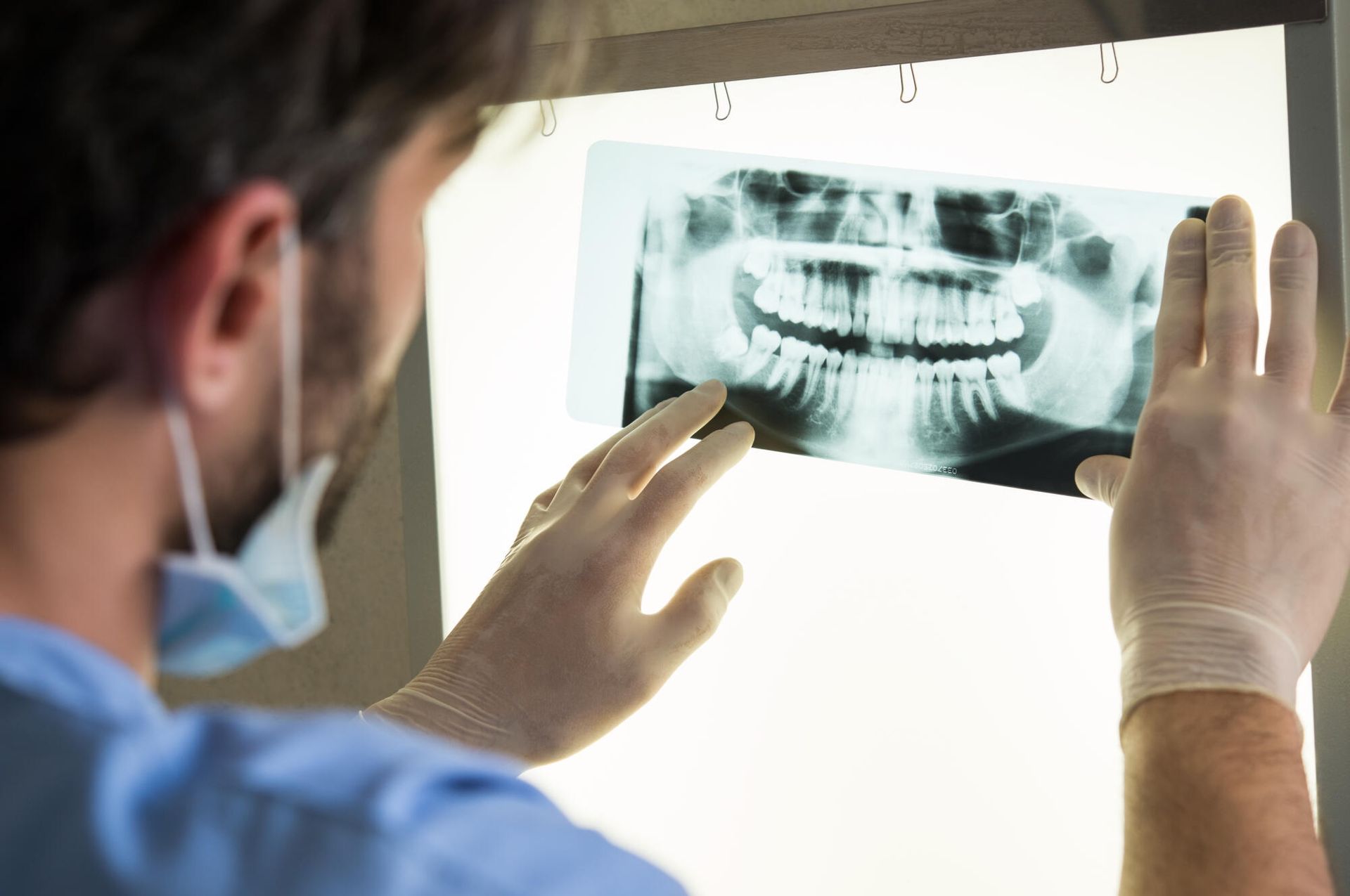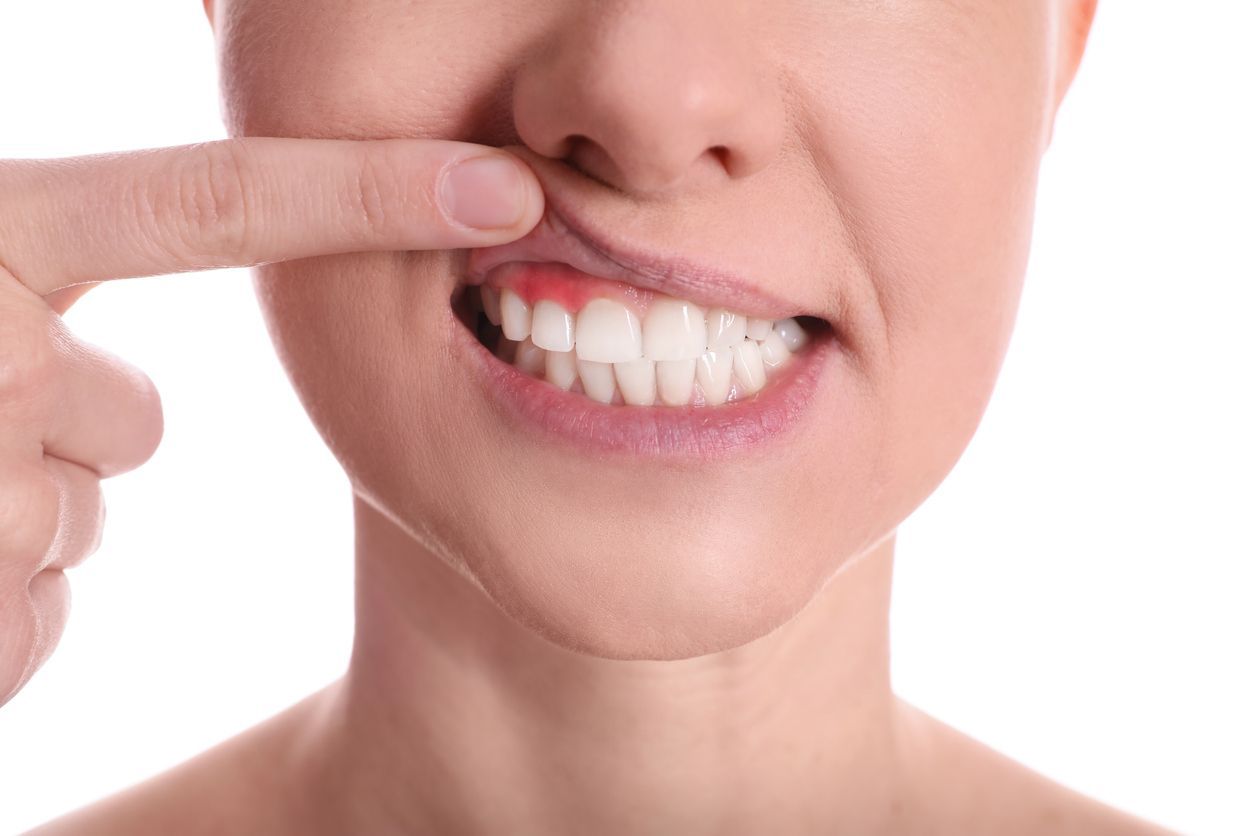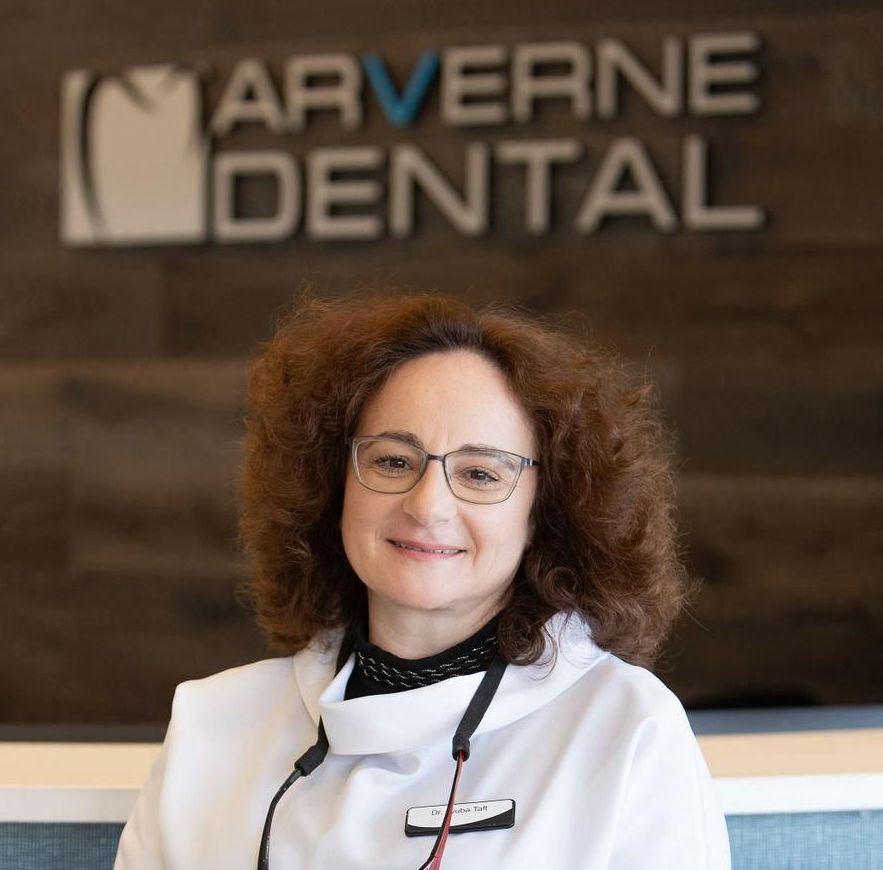Dental Problems in Children
According to the most recent statistics, 46% of children ages 2 through 19 have at least one untreated cavity. Cavities destroy teeth and require treatment but are only one of many dental problems in children.
Kids develop primary teeth before permanent teeth, and the health of these teeth is just as important as the health of their permanent teeth. Learning about common problems is the first step in preventing them.
Continue reading to learn more about the potential dental problems your children might experience, ways to treat them, and how a pediatric dentist can help.
Common Dental Problems in Children
Dental problems occur in people of all ages, but children are especially prone to the following issues:
Tooth Decay
Tooth decay is a problem anyone can face, which is detrimental to primary and permanent teeth. Kids can develop tooth decay from the foods they eat or from poor oral hygiene care.
Decay forms from plaque left on the teeth. The plaque feeds on sugars, which leads to the production of acid. Acid eats away at teeth, starting with the outer enamel.
Unfortunately, it doesn't stop there. It can eat away at the inner parts of a tooth and can even work into a permanent tooth under a primary tooth.
Preventing decay is always better than treating it. Therefore, focus on teaching your children how to care for their teeth properly. A dentist can also help you learn tips for protecting children's oral health.
For example, routine dental cleanings can help, but numerous other steps can also help.
Baby Bottle Decay
A child's upper front teeth are the most likely to be affected by baby bottle decay. Baby bottle decay is a form of decay occurring in small children.
This condition can result from several things. First, it can happen when babies fall asleep with a bottle. Second, it can also result from spreading bacteria from a parent or caregiver's mouth to the child.
Tooth Sensitivity
Children are also at risk for developing tooth sensitivity. Sensitive teeth cause pain when consuming hot or cold foods and drinks, and this issue is usually the result of worn-off enamel.
Enamel is on teeth for protection. It stops decay and bacteria from entering into a tooth and protects the nerves within the teeth.
A child with tooth sensitivity will need dental help. The dentist can examine the child's teeth to determine the cause and offer remedies for the problem.
Orthodontic Problems
Finally, kids tend to experience more orthodontic problems than adults. This is primarily because many adults sought orthodontic assistance when they were younger.
Misaligned teeth not only look bad, but they can also affect a child's oral health and self-esteem. Crooked teeth make it more challenging to keep the teeth clean. They can also cause difficulties in speaking and eating.
Braces on the teeth are the most common solution for this issue. However, there are also other options. Your child's dentist can help you determine if your child needs them and when to get them.
Prevention of Dental Problems in Children
While treating any outstanding dental problems is necessary, you can take steps to prevent further problems. Here are the best ways to do this with your kids:
Establish Good Oral Hygiene Habits
First, childhood cavities prevention begins with establishing good oral care habits. This includes brushing your child's teeth when younger and teaching them the proper techniques.
You should ensure your child brushes their teeth twice a day and flosses at least once. Establishing this routine can make a big difference.
It also includes routine dental cleanings and checkups; pediatric dental care clinics recommend them every six months to ensure proper care.
Choose the Right Diet
The foods your child eats also affect oral health. It would help if you learned which foods are good for your child's teeth and which to avoid.
For example, vegetables and fruits are good for a child's teeth. Dairy products are also good, as they contain calcium, which is essential for strong teeth.
Foods and beverages high in sugar are the worst for a child's teeth, especially beverages and sticky foods. If you can avoid these, your child's teeth will be healthier.
Use Fluoride and Dental Sealants
Finally, preventing tooth decay is much easier with a few dental applications. First, expose your child's teeth to fluoride through toothpaste and dental fluoride treatments.
Fluoride strengthens enamel and is essential for strong, healthy teeth. However, talk to your dentist if you have questions about quantity, as too much fluoride isn't good.
Next, talk to your dentist about sealants. Sealants are dental applications that add a protective layer to the teeth. They make it harder for decay to affect teeth.
Finally, take your children for routine checkups. A checkup allows the dentist to examine the child's teeth and take x-rays. If there is a problem, the dentist will find it and recommend treatment.
The Role of Pediatric Dentistry
Pediatric dentistry plays a massive role in the health and well-being of a child's teeth. The first step is finding the right dentist.
You should look for a local dentist who is experienced with treating children and has an excellent reputation. You can ask your friends and family for suggestions. You can also call clinics to learn more.
Reading a dentist's website is also helpful for learning about dentists, the clinic, and services.
Keep Up With Dental Exams for Your Children
Dental problems can occur with kids, adults, and seniors, and each group has its own challenges. When you have children, you can help them develop strong, healthy teeth by preventing and addressing these issues.
Taking your children to the dentist from an early age is the best way to stay on top of these issues. Are you ready to schedule an appointment?
Averne Dental is here to help. We have a team of expert dentists offering dentistry services in Rockaway Beach, NY. We offer services for children and adults and are experts in emergency dentistry services.
We can help your entire family!
Reach out today to learn more.
Dr. Lyuba Taft
General Dentist
Dr. Baruch Tetri
Periodontist
Dr. Mike Lee
Endodontist



